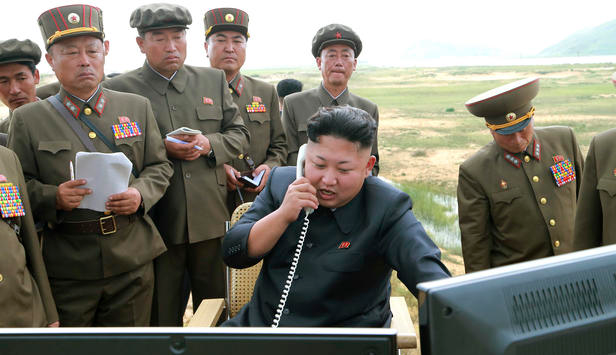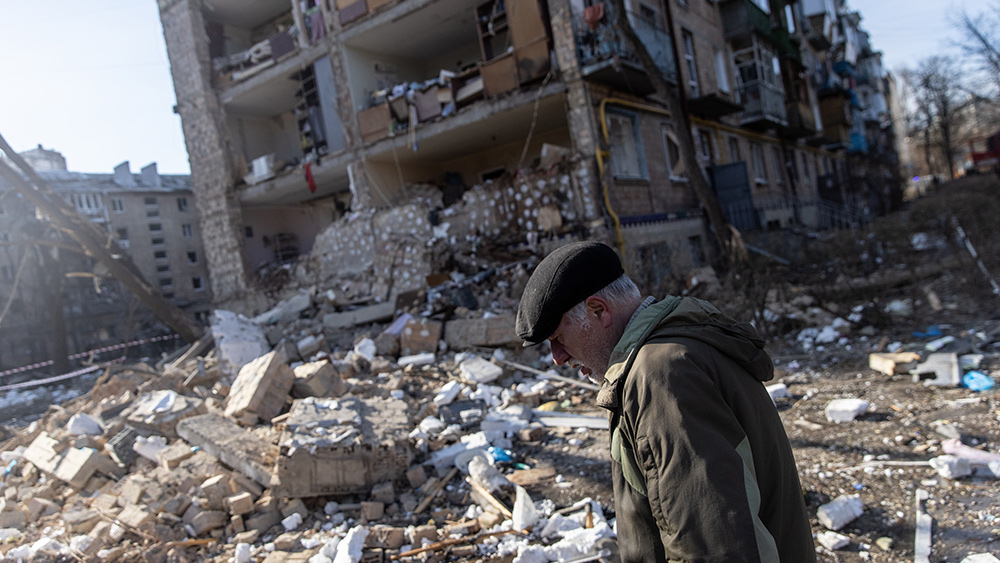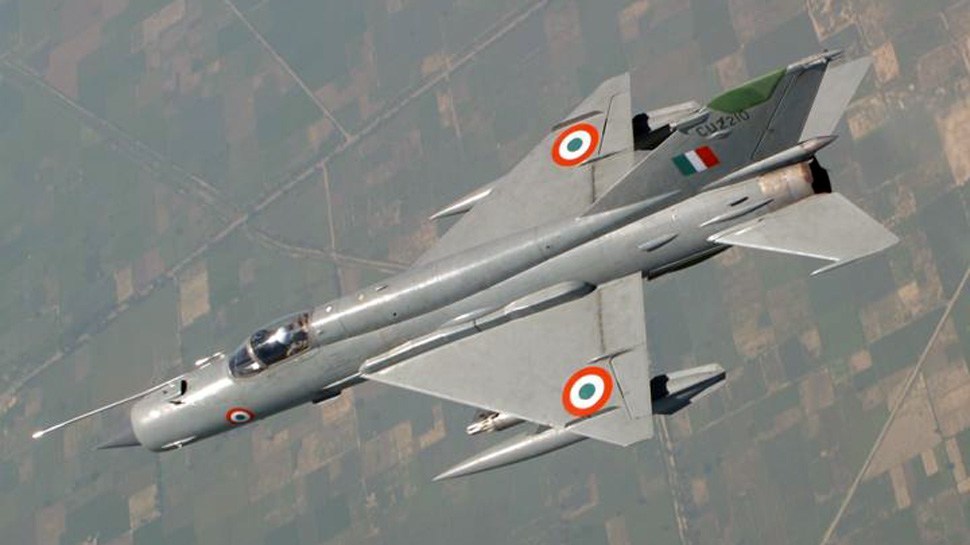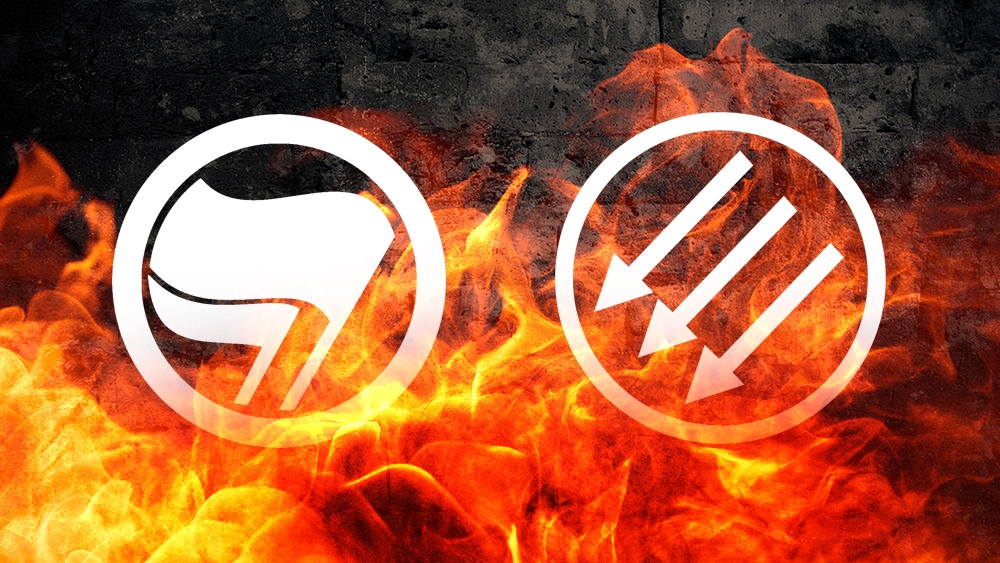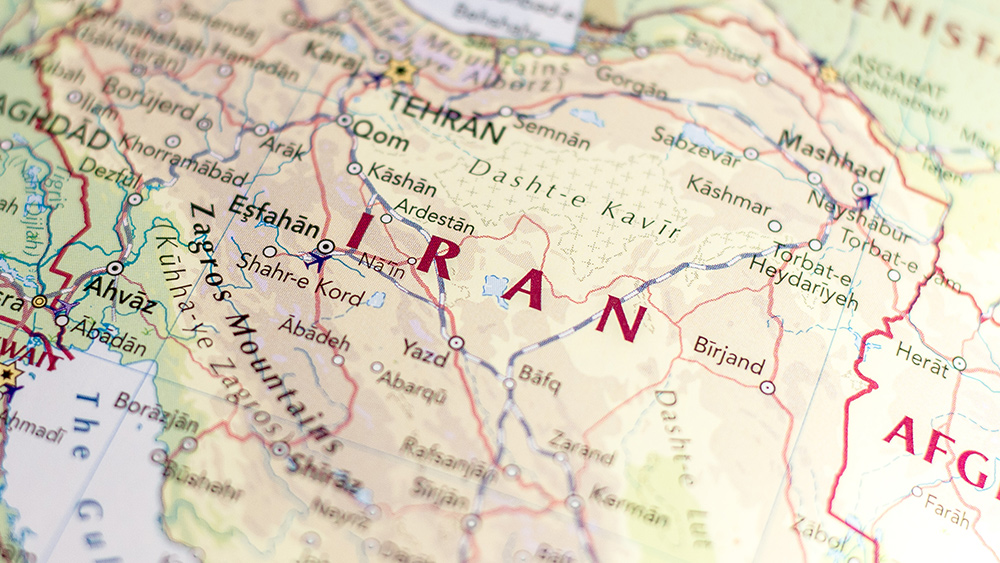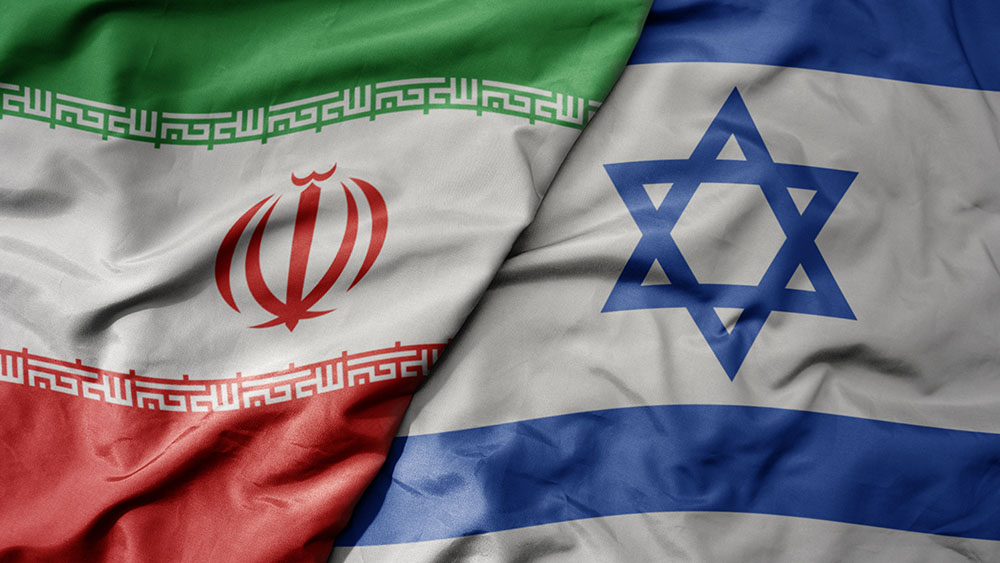Indonesia prepares 20,000 troops for a potential U.S.-backed “stabilization force” in Gaza
11/16/2025 / By Belle Carter
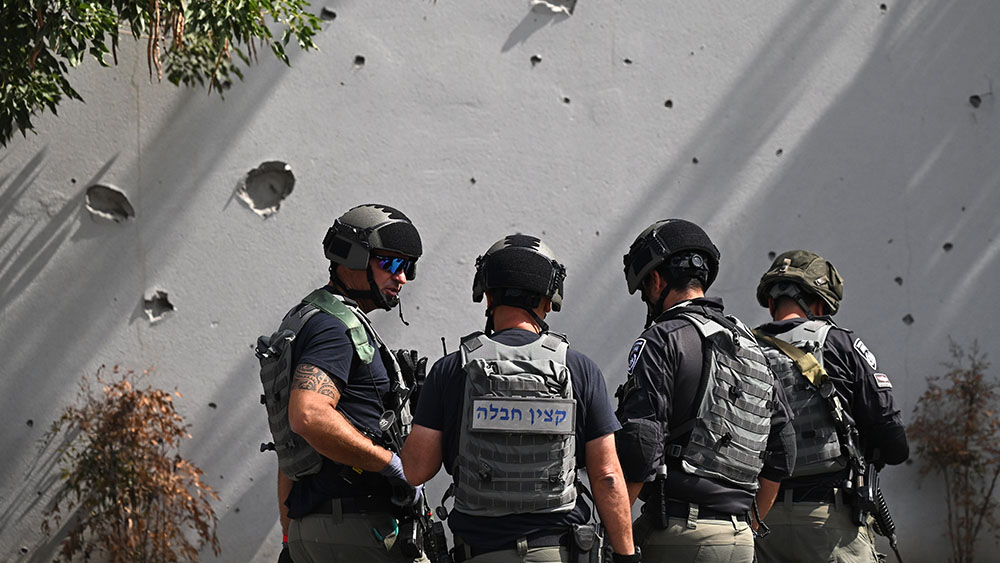
- Indonesia has trained up to 20,000 troops for a potential U.S.-backed “stabilization force” in Gaza, focusing on health and infrastructure rather than combat. Despite its strong pro-Palestinian stance, Jakarta has signaled openness to cooperation, though it maintains no diplomatic ties with Israel.
- The U.S. has proposed a UN resolution for a multinational force to govern Gaza, demilitarize Hamas and train a new Palestinian police force. However, Russia countered with its own draft, Arab states resist confronting Hamas and Israel opposes Palestinian Authority control—creating diplomatic gridlock.
- Israel opposes both the return of the Palestinian Authority to Gaza and the involvement of Qatar or Turkey, fearing they would empower Hamas. Meanwhile, the IDF continues military operations, complicating ceasefire efforts.
- Securing troop commitments remains a major challenge, with regional nations reluctant to send forces. Leaked U.S. memos suggest American troops in Iraq may be on standby, contradicting White House assurances against ground combat involvement.
- Despite Indonesia’s readiness, deep divisions at the U.N., Israel’s objections and skepticism from regional powers cast doubt on the plan’s feasibility. Without consensus, Trump’s Gaza stabilization initiative risks failure—potentially worsening rather than resolving the conflict.
As tensions escalate in Gaza, Indonesia has announced it has trained up to 20,000 troops for a potential role in a U.S.-backed “stabilization force” aimed at demilitarizing the Hamas-controlled enclave.
The plan, part of President Donald Trump’s broader Middle East strategy, faces skepticism from regional powers and logistical challenges, according to internal U.S. documents.
While Washington pushes for a United Nations resolution to authorize the force, Russia has countered with its own draft, complicating diplomatic efforts. Meanwhile, Israel opposes key elements of the proposal, including the return of the Palestinian Authority to Gaza, raising doubts about whether the plan can succeed.
Indonesia’s role in the proposed force
Indonesia, the world’s most populous Muslim-majority nation, has long supported Palestinian statehood and maintains no diplomatic ties with Israel. Indonesian Defense Minister Sjafrie Sjamsoeddin confirmed that Jakarta has readied troops but emphasized their role would focus on health and infrastructure rather than combat.
“We’ve prepared a maximum of 20,000 troops, but the specifications will revolve around health and construction,” Sjamsoeddin said. “We are waiting for further decisions on Gaza peace action.”
President Prabowo Subianto, who previously pledged at the UN General Assembly to deploy peacekeepers if authorized, is expected to discuss the initiative with Jordan’s King Abdullah during a state visit. However, analysts note Prabowo’s recent shift toward acknowledging Israel’s security concerns—a departure from Indonesia’s traditionally staunch pro-Palestinian stance.
U.S. draft resolution faces pushback
The U.S. has circulated a draft UN resolution proposing a multinational force with a broad mandate to govern Gaza for at least two years. The plan includes demilitarizing Hamas, securing Gaza’s borders and training a new Palestinian police force. However, Arab states reportedly resist clashing with Hamas and Israel opposes any role for Qatar or Turkey, fearing they would bolster the militant group.
Russia has introduced a competing resolution omitting the U.S.-led governance structure, instead calling for a “balanced approach” to ending hostilities. A U.S. spokesperson warned against “sowing discord,” stating, “The ceasefire is fragile, and we urge the Council to unite.”
Secretary of State Marco Rubio expressed optimism, saying, “We’re making good progress on the language of the resolution… It shouldn’t be a fighting force.” Yet private U.S. documents obtained by Politico reveal deep concerns over feasibility, with officials admitting there is no “clear path forward.”
Obstacles to deployment
The biggest challenge lies in securing troop commitments. A participant in recent U.S. military discussions noted a “struggle to get any country in the area to commit forces,” adding that some nations “would happily write a check but don’t want to send manpower.”
Israel’s opposition to Palestinian Authority control in Gaza further complicates matters. Meanwhile, leaked Department of War memos suggest U.S. troops in Iraq are on standby for potential Gaza operations—contradicting White House assurances that American soldiers would not engage in ground combat.
BrightU.AI‘s Enoch states that the proposed Gaza stabilization force remains mired in uncertainty, with diplomatic divisions, logistical hurdles and regional resistance threatening to derail the initiative. While Indonesia’s readiness to contribute signals tentative support, the lack of consensus at the UN and Israel’s objections cast doubt on whether Trump’s vision can materialize. As Washington presses forward, the risk of mission failure looms—raising questions about whether another foreign intervention will bring stability or deepen the conflict.
Watch the video below that talks about “the truth behind the Gaza ceasefire.”
This video is from The Prisoner channel on Brighteon.com.
Sources include:
Submit a correction >>
Tagged Under:
ceasefire deals, chaos, Gaza, Indonesia, Israel, Israel-Hamas war, military operations, Palestinian Authority, peace plant, recovery, Russia, stabilization plan, US, violence, WWIII
This article may contain statements that reflect the opinion of the author
RECENT NEWS & ARTICLES
COPYRIGHT © 2017 NATIONAL SECURITY NEWS





